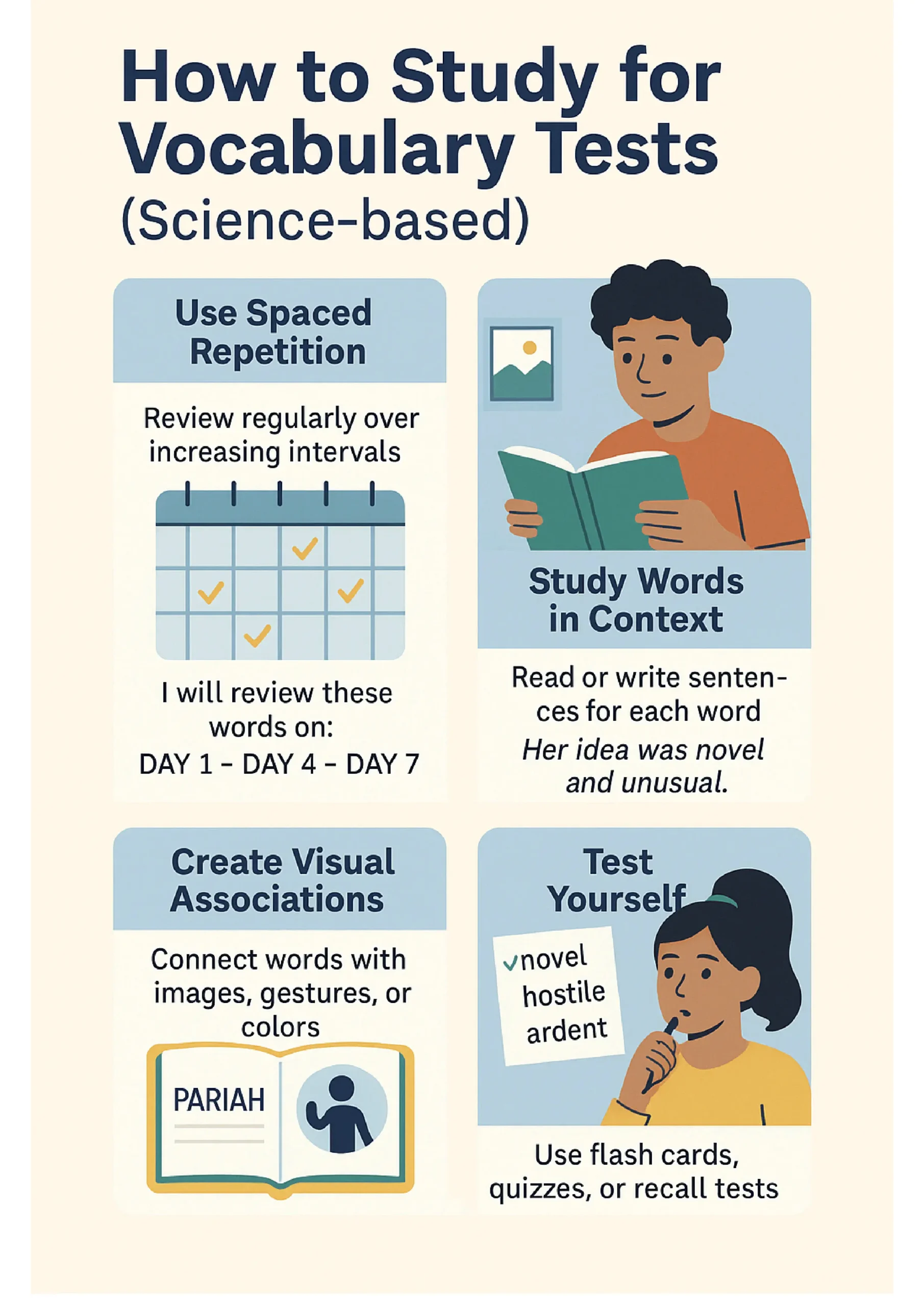
The Key Milestones in a Child’s Development
Every child develops at their own pace, but there are key milestones that provide a helpful framework for understanding how children grow—physically, emotionally, socially, and intellectually. These milestones aren’t just boxes to tick; they’re important indicators of a child’s wellbeing and readiness for the next stage of life. Knowing what to look for allows parents and educators to offer the right support at the right time.
From first words to independent thinking, here are the key milestones in a child’s development, and how you can encourage healthy progress along the way.
- Early Years (0–5 years)
The foundation for lifelong learning is laid during the early years. By age one, many children are sitting, crawling, and beginning to form simple sounds. By age two, toddlers typically begin to speak in short phrases, imitate adult behaviour, and explore the world around them through play.
Between ages three and five, children often show increased coordination, social awareness, and imagination. This is also when emotional regulation begins to take shape. Milestones include sharing toys, following simple instructions, expressing a wider range of emotions, and asking lots of questions.
Support Tip:
Encourage learning through play, storytelling, songs, and regular conversation. Social opportunities—like nursery or playgroups—help build communication and empathy.
- Primary Years (6–11 years)
During this stage, children refine academic and social skills. Reading and writing become more fluent, maths becomes more logical, and children begin to understand cause and effect. Social dynamics become more complex, and friendships start to play a more significant role.
Emotional development during these years is just as important. Children begin to form a clearer sense of self and may start comparing themselves to peers. They also begin to grasp fairness, rules, and the importance of cooperation.
Support Tip:
Encourage independence while maintaining consistent routines and boundaries. Talk about emotions openly and provide praise for effort as well as achievement.
- Adolescence (12+ years)
Teenagers begin to develop abstract thinking, deeper reasoning, and a stronger sense of identity. This stage often involves questioning rules, seeking autonomy, and exploring personal values. Emotional highs and lows are common as hormonal and neurological changes take place.
For many, this is also the stage when academic paths become more specialised. At a Private Sixth Form in Surrey, for example, students are supported in making decisions about A levels, university applications, and future career goals—all while continuing to grow socially and emotionally in a more mature learning environment.
Support Tip:
Maintain open lines of communication. Offer guidance without judgement, and help your child develop problem-solving and decision-making skills.
Development is a journey, not a race. By understanding key milestones, you can better support your child through each stage with patience, encouragement, and empathy. Every child is different—but with the right foundation of love and support, they will continue to thrive in their own unique way, whether they are just learning to walk or preparing for life after a Private Sixth Form in Surrey.


